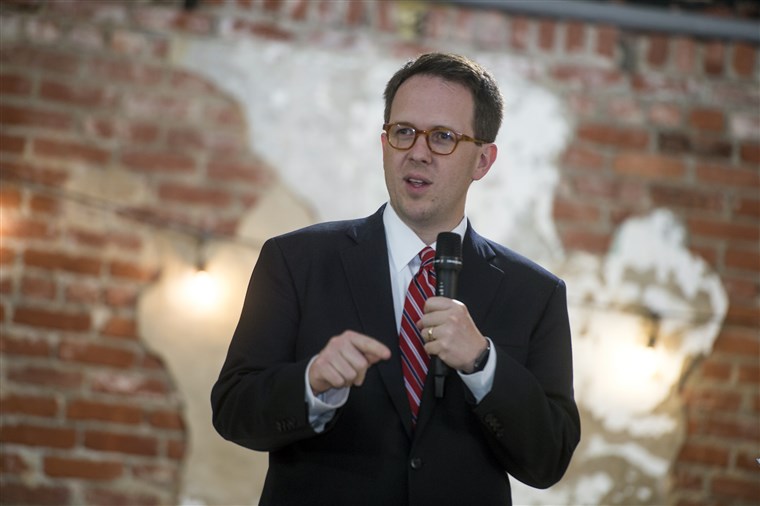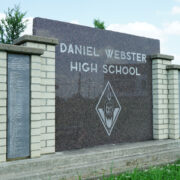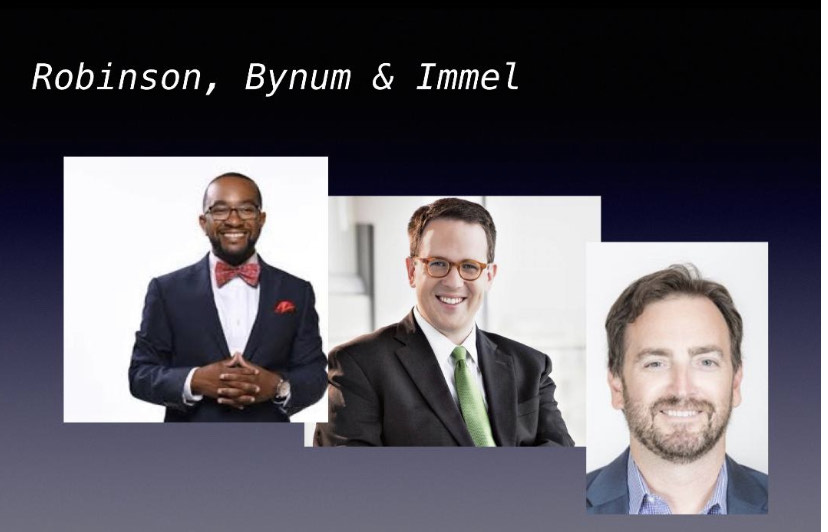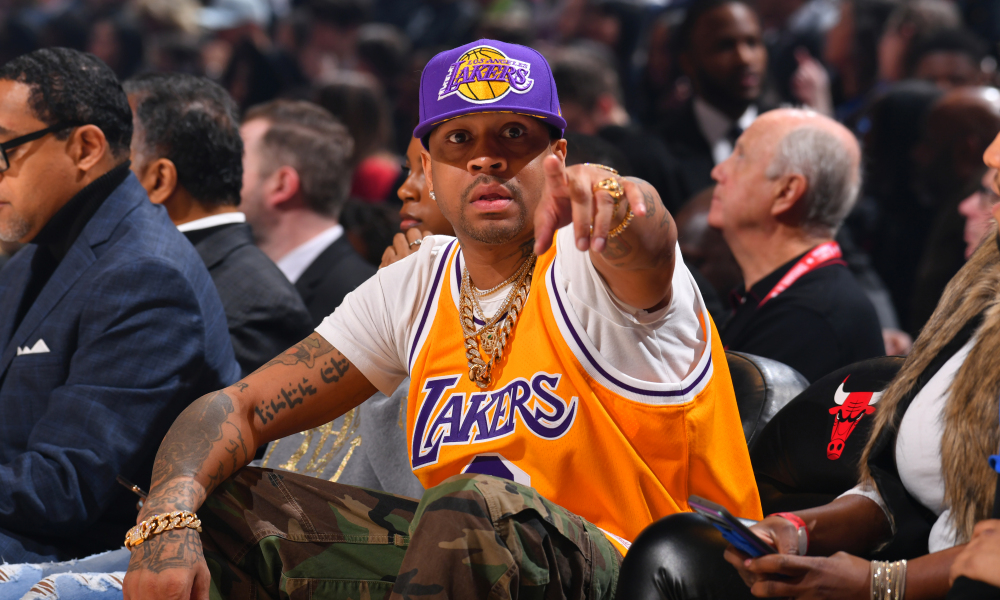
By Graham Lee Brewer and Manny Fernandez
Mayor G.T. Bynum finds himself on the defensive over the presidential campaign, the coronavirus pandemic and the uproar over police abuse.
On what has become a solemn date in Tulsa, a group of Black leaders met with Mayor G.T. Bynum on the first of June. It was the 99th anniversary of one of the deadliest race riots in American history, when a Black neighborhood in the city was destroyed by a white mob in 1921.
Those gathered at City Hall to applaud the mayor’s commitment to police reform included a community organizer named Greg Robinson II and the twin sister of Terence T. Crutcher, an unarmed Black Tulsan who was shot and killed by a white police officer in 2016.
In a matter of weeks since the City Hall meeting, though, Mr. Robinson and Mr. Crutcher’s sister, Tiffany Crutcher, have turned into two of the mayor’s fiercest political rivals, as Mr. Bynum has lost support among many Black residents.
Mr. Bynum, a white moderate Republican, apologized for telling a national news outlet that the death of Mr. Crutcher, who had his hands in the air through much of the confrontation with officers, had more to do with drugs than with race. And he angered many Democrats who once supported him by welcoming President Trump’s campaign rally in June, an event that health officials said helped lead to an uptick in coronavirus cases.
Tulsa’s mayoral election is Tuesday, and as voters prepare to cast their ballots, a crowded field of candidates are trying to unseat Mr. Bynum. Among them is Mr. Robinson, who has been gaining momentum in his bid to become Tulsa’s first Black mayor. Ms. Crutcher has signed on as Mr. Robinson’s senior campaign adviser.
“We refuse to live in a city that has only worked for certain people for the last 100 years,” she said.
Mr. Bynum, a former lobbyist who has been mayor of Tulsa, Oklahoma’s second-largest city, since 2016, is reeling politically from multiple angles, including the repercussions from hosting the president’s rally during the pandemic and his struggles to find his footing as the white mayor of a city where Black activism is surging.
“No other mayor is having to face the electorate in the middle of the heat of this pandemic and the wake of the murder of George Floyd,” said Mayor David Holt of Oklahoma City, a white Republican and a longtime friend of Mr. Bynum. “Right now, it’s Covid-19 and it’s the aftermath of the murder of George Floyd and the racial inequalities that flow from that. People are at a heightened emotional state because of all of those issues.”
Mr. Bynum, who declined to be interviewed for this article, has become one of several mayors in the country to face political challenges from the families of victims of police violence.
The brother of Stephon Clark, an unarmed Black man killed by the police in Sacramento, Calif., in 2018, had planned to run against Mayor Darrell Steinberg, but dropped his bid last year.
The mother of Trayvon Martin, the unarmed Black teenager who was shot and killed by a neighborhood watch volunteer in Florida in 2012, ran against the mayor of Miami Gardens for a seat on the county commission in Miami-Dade County, but lost in a tight race last week.
It was unclear whether Mr. Robinson’s grass-roots campaign was capable of defeating Mr. Bynum, who has the support of the city’s most influential groups and businesses. But the mayor’s re-election and Mr. Robinson’s candidacy have played out as Tulsa has been grappling with its legacy of racial violence as never before.
The history of the Tulsa race massacre has drawn new national attention, helped in part by the HBO series “Watchmen,” in which the riot was a recurring theme. Long-delayed excavations of suspected mass graves have gotten underway, backed by Mr. Bynum.
The mayor, who turns 43 on Friday, is a former city councilman who worked for two Oklahoma Republican senators, Don Nickles and Tom Coburn, in Washington in the early 2000s. Three members of Mr. Bynum’s family served as mayor before him: His paternal great-great-grandfather R.N. Bynum from 1899 to 1900; his maternal grandfather, Robert J. LaFortune, in the 1970s; and his uncle Bill LaFortune from 2002 to 2006.
Mr. Bynum has been praised by his supporters for talking frankly about race and acknowledging the horrors of Tulsa’s past, particularly in pushing the city to search for mass graves.
“It is hard for me to imagine that any Tulsa mayor has been more conscious of the racial issues in Tulsa and the racial history in Tulsa, and has tried, really from the time of his campaign, to reconcile those issues,” said Mr. Holt, the mayor of Oklahoma City.
But Mr. Bynum has seen his support among Democrats, Black leaders and at least one of his own former aides weaken over what they see as a series of missteps.
Many expected Mr. Bynum to publicly resist or to speak out against holding Mr. Trump’s rally in June at the 19,000-seat BOK Center in Tulsa. The event did not attract the expected overflow crowds — the arena was at least one-third empty — but even so, Black leaders gathered that Saturday in the Greenwood neighborhood, the site of the 1921 riot, to call on the mayor to cancel the rally.
For the entire article go to: www.nytimes.com










